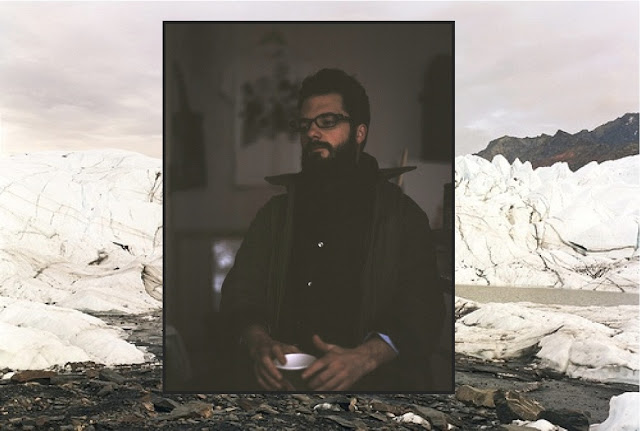You only need to know a few things about Belgrade to understand where Ana Kraš comes from: It’s been invaded countless times throughout history, even by the Nazis, after which it was then ravaged by Tito, Milošević, the Kosovo War, and the associated NATO bombings. 
When it finally emerged from its troubles in 1999, its government and economy were in shambles; the average salary in Belgrade is still less than 400 euros per month. To have become a designer in this context is exceedingly difficult — Kraš’s design school had no workshop, materials, or experienced professors, and almost none of her compatriots can afford to spend money on furniture — and yet you won’t find a trace of that struggle in the talented 26-year-old’s work. At least not by looking at it. “Those years of isolation and depression affected everything, and it all has to do with the way I am,” she says. “But when that’s your reality, you just work and live and do things, even if the conditions around you aren’t very supportive.”

For Kraš, who grew up constantly drawing and making things in her parents’ copy shop and has never really lived outside Belgrade, the most obvious evidence of her background is in her approach to design in general. The Hive Lamp is one example of her beautiful yet simplistic designs.
“Poor conditions help you develop other skills,” she says. “You learn to make your ideas very small, simple, and shy, and sometimes that’s the best way. In a good Western school, a kid has all the tools and possibilities, so he draws a fluid-shaped table in plastic, fabricates it with a prototyping machine, and there it is: a ridiculous thing that’s expensive to make. In a bad school in Serbia, even if the kid dreams of a white fluid table, there’s no way to make it. So he’ll draw something he can have done easily, and he’ll end up designing at least a practical thing.”

Kraš’s has already been getting plenty of media attention this year including her Hug Chair featured in Wallpaper* magazine. Ana's furniture — exhibited at this year’s Salone Satellite in Milan under the umbrella of the Young Serbian Designers platform — is practical and simply crafted in the best way, with a striking level of charm and sophistication: Her ‘Bonbon’ lamps are beautiful handmade pieces – made by knitting yarn over steel wire frames. Her Noodle line can be used for a table or waste bin Ana's simple ‘Ksilofon’ clothing rack was initially designed at the request of her friends who wanted an easy an affordable clothing stand. The base of her wooden coat rack is a xylophone of colored panels.
Good taste comes naturally to Kraš, evidenced in the fact that she’s also a
gifted photographer.
Self Portrait of Ana. All pictures by
Ana Kraš







































